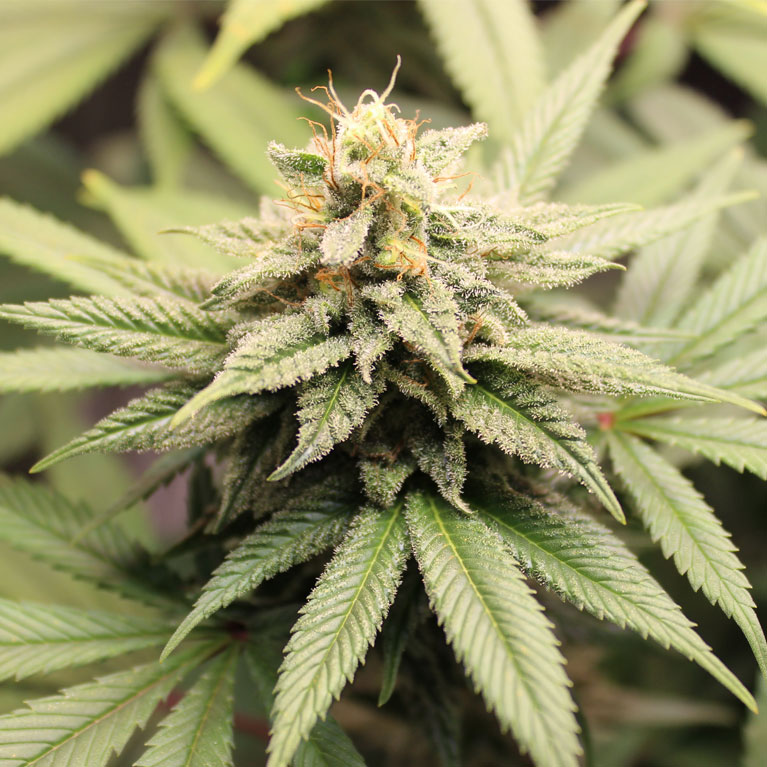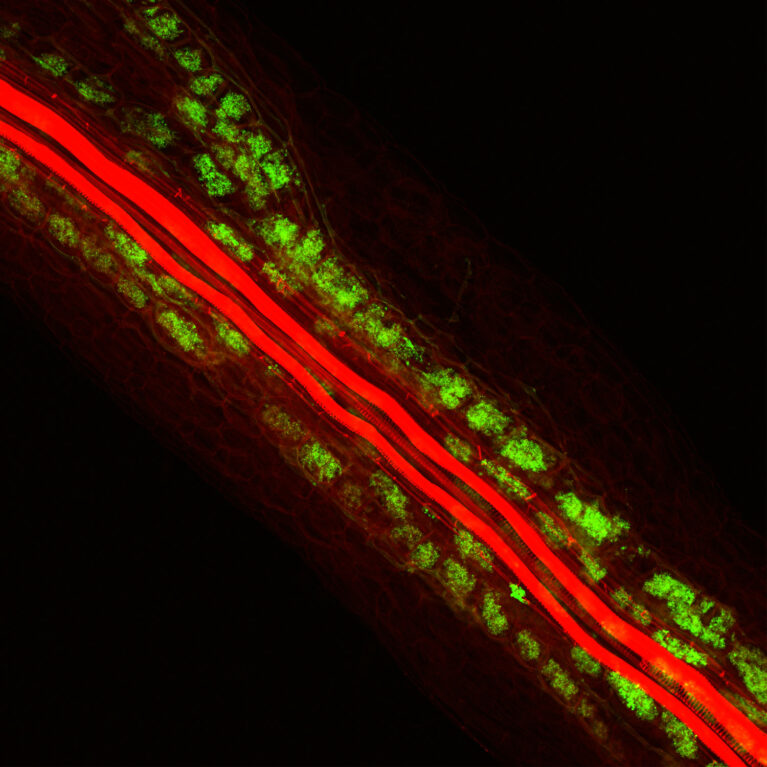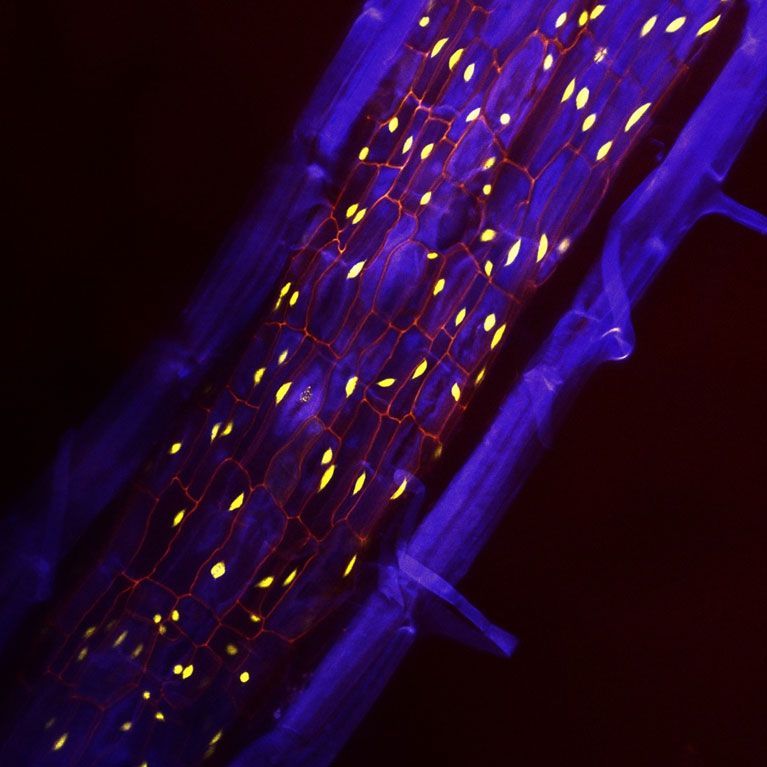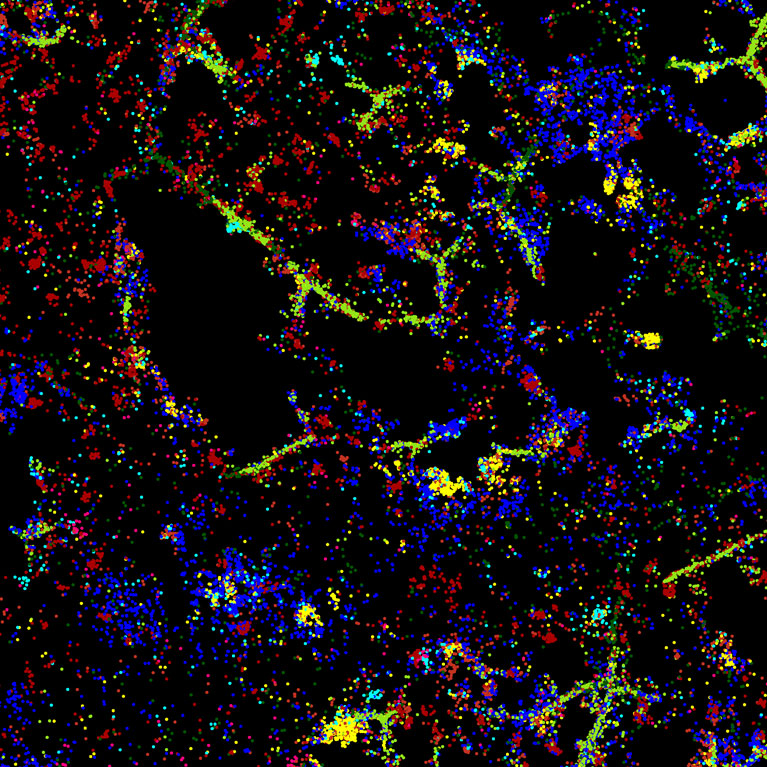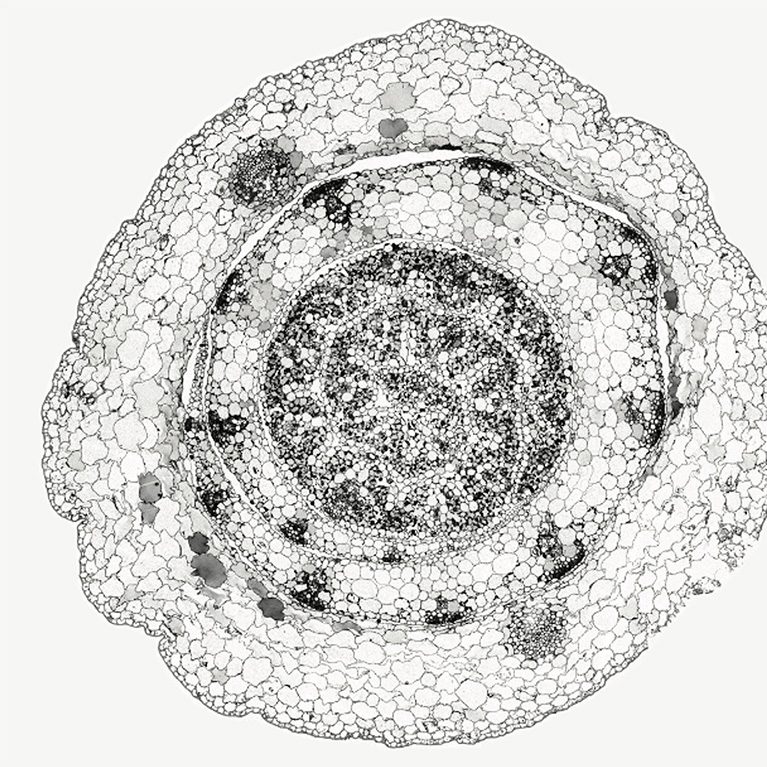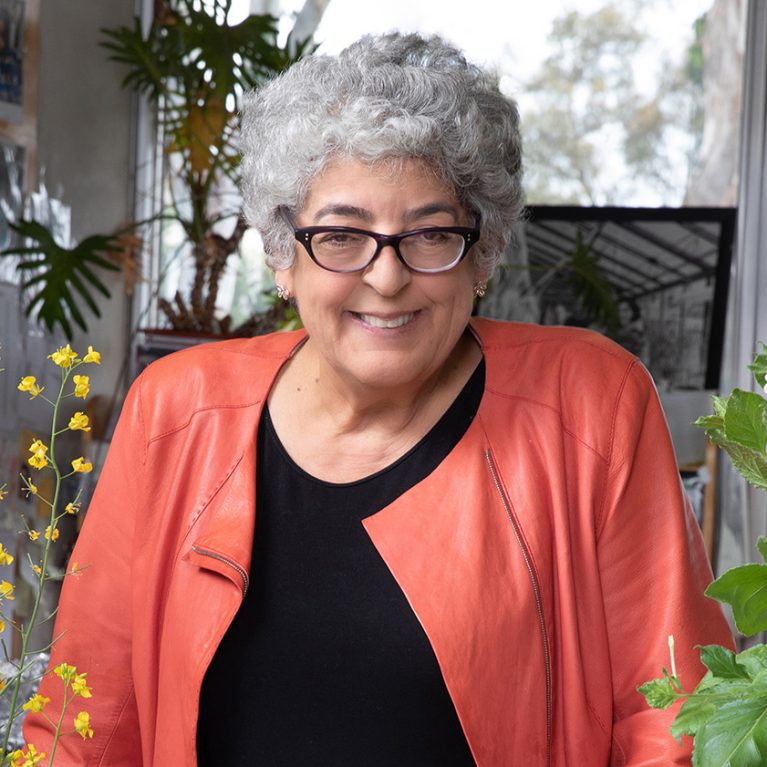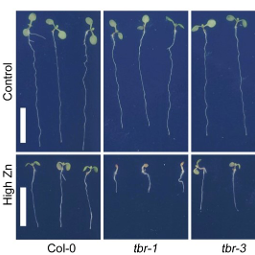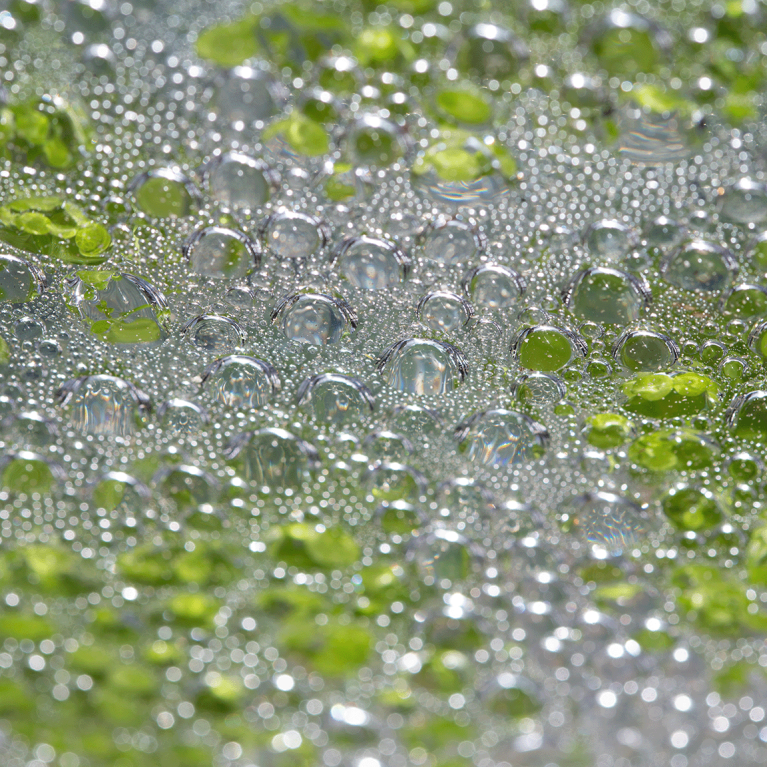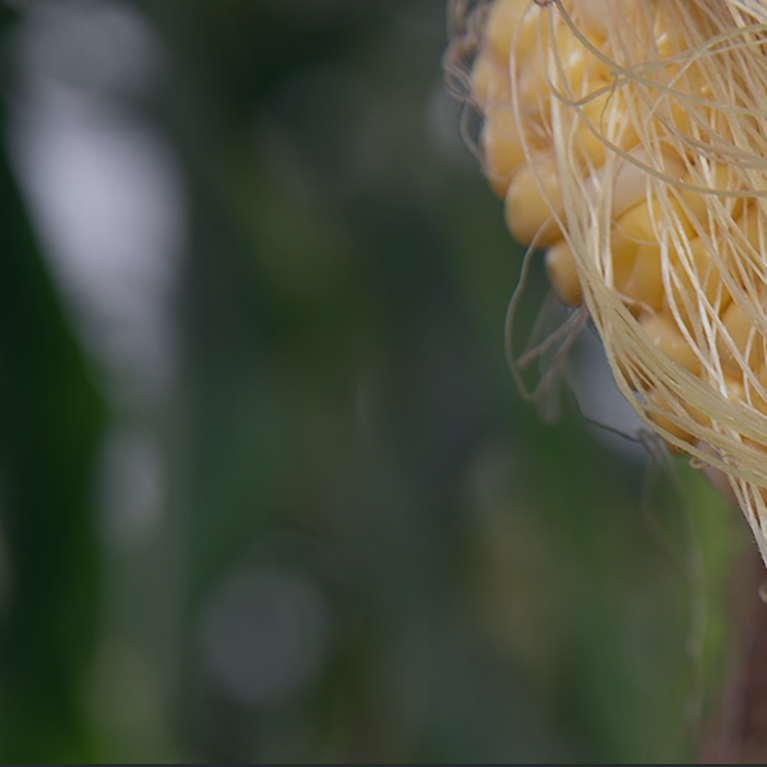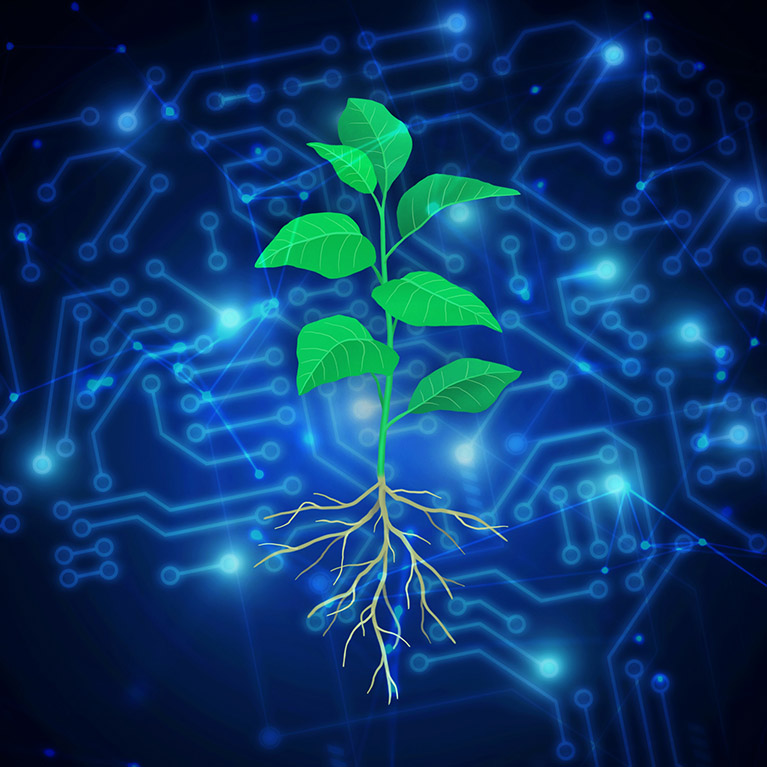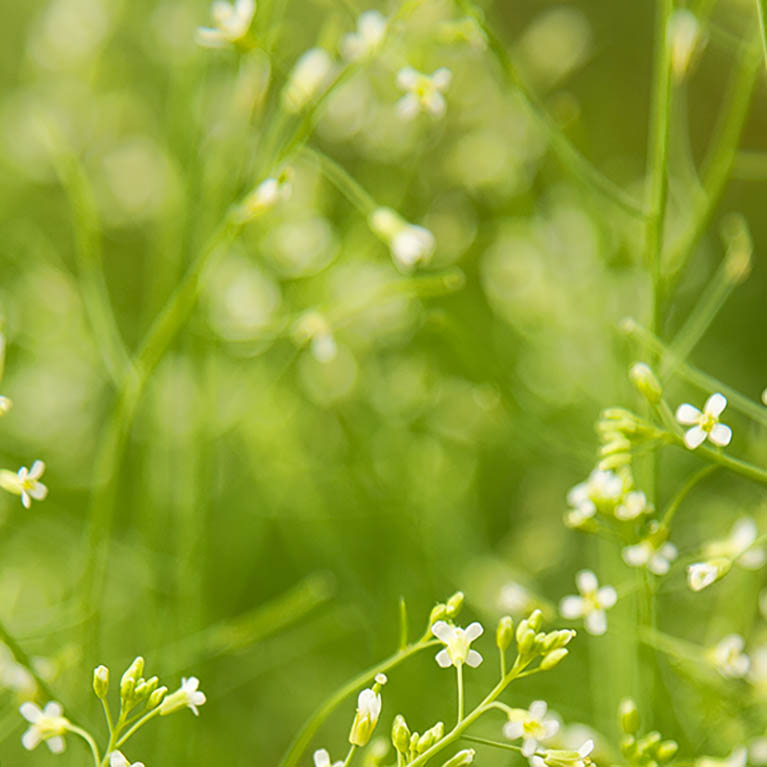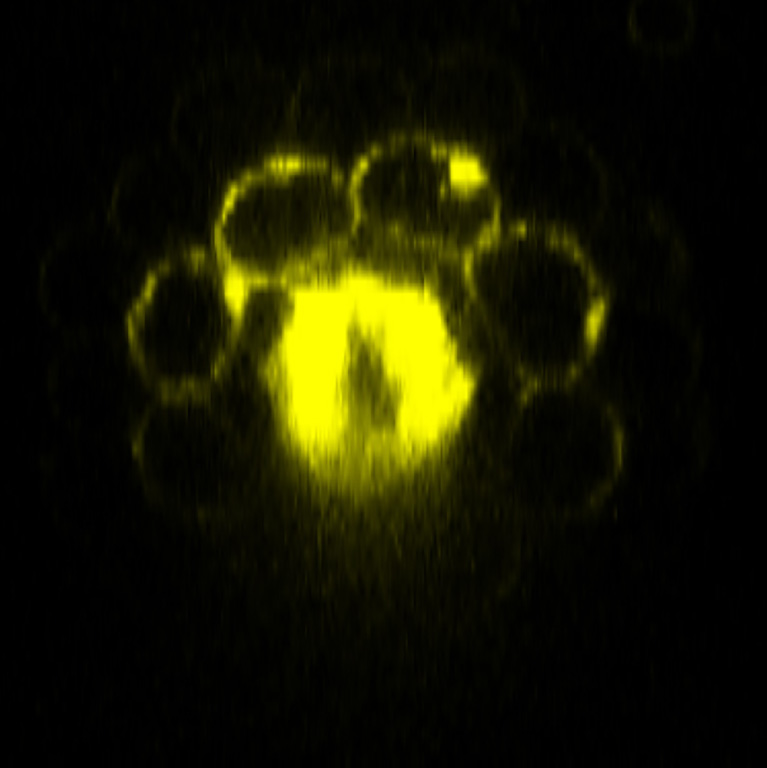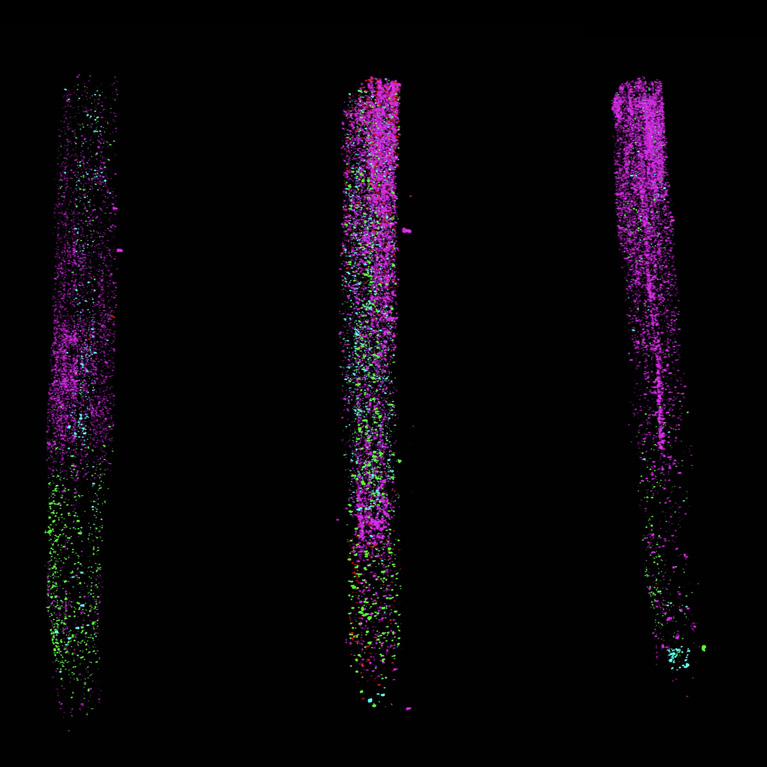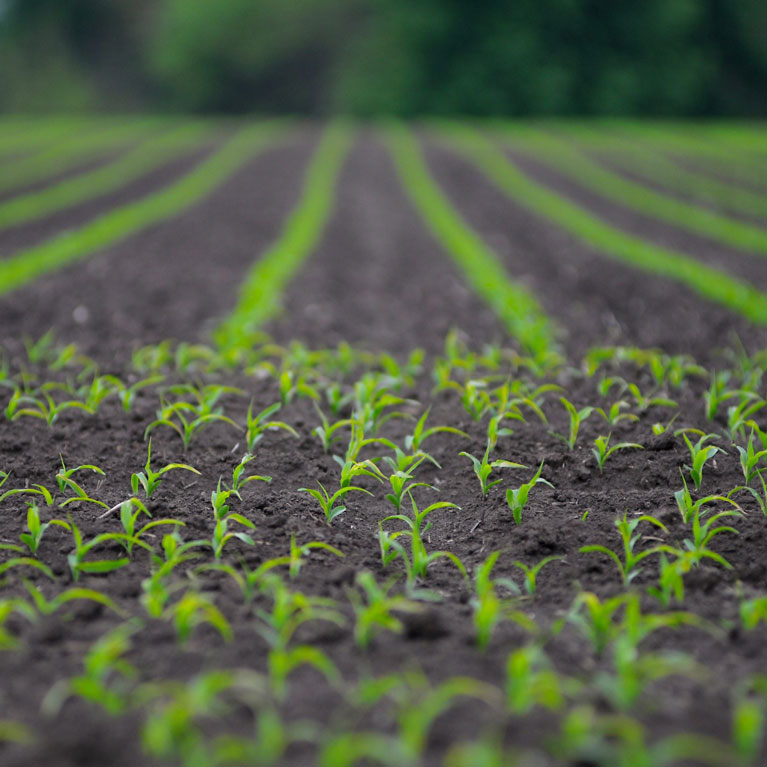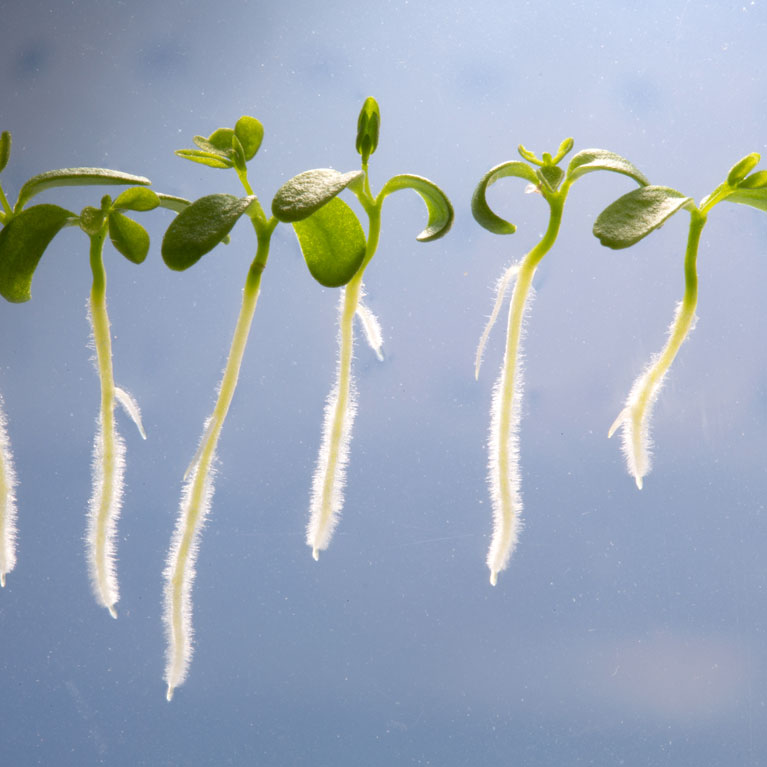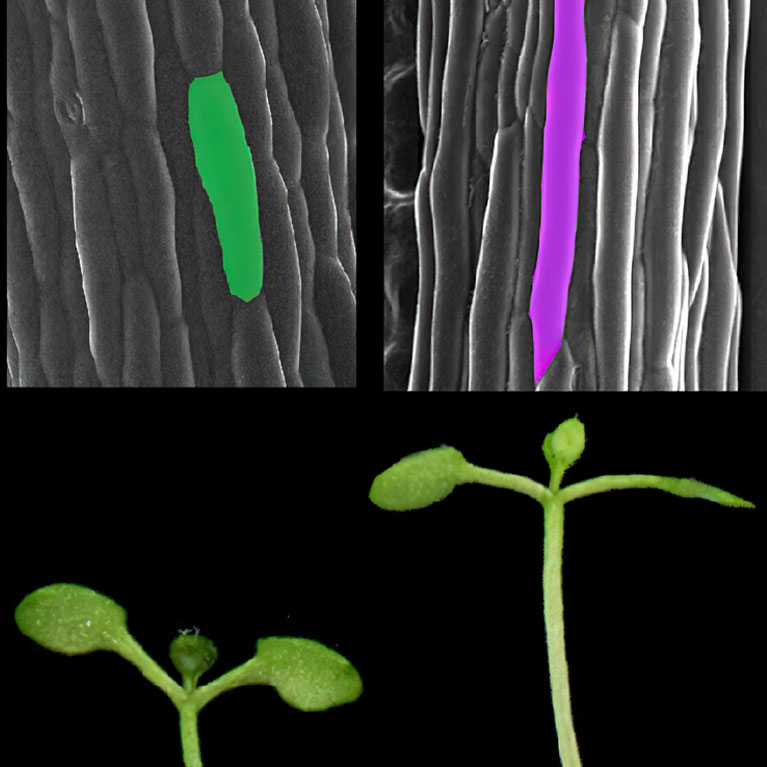In the News
Recent Salk news from the Plant biology team
Cannabis pangenome reveals potential for medicinal and industrial use
LA JOLLA—Cannabis has been a globally important crop for millennia. While best known today as marijuana for its psychoactive cannabinoid THC (tetrahydrocannabinol), historically, cannabis has been a cornerstone of human …
Peptide imitation is the sincerest form of plant flattery
LA JOLLA—Industrial farming practices often deplete the soil of important nutrients and minerals, leaving farmers to rely on artificial fertilizers to support plant growth. In fact, fertilizer use has more …
Two-in-one root armor protects plants from environmental stressors and fights climate change
LA JOLLA—Plants may burrow into the ground and stretch toward the sun, but they’re ultimately stuck where they sprout—at the mercy of environmental threats like temperature, drought, and microbial infection. …
Plant cells gain immune capabilities when it’s time to fight disease
LA JOLLA—Human bodies defend themselves using a diverse population of immune cells that circulate from one organ to another, responding to everything from cuts to colds to cancer. But plants …
Superior photosynthesis abilities of some plants could hold key to climate-resilient crops
LA JOLLA—More than 3 billion years ago, on an Earth entirely covered with water, photosynthesis first evolved in little ancient bacteria. In the following many millions of years, those bacteria …
Joanne Chory, Salk Institute professor and pioneering plant biologist, dies at age 69
LA JOLLA—Salk Professor Joanne Chory, one of the world’s preeminent plant biologists who led the charge to mitigate climate change with plant-based solutions, died on November 12, 2024, at the …
Study reveals key gene protecting plants from harmful metals in soil
LA JOLLA—The negative impact of human activity on Earth doesn’t just affect our planet’s atmosphere—it goes much deeper, into its soils. For instance, excessive application of manure or sewage sludge …
Salk Professor Joanne Chory named 2024 Wolf Prize Laureate in Agriculture
LA JOLLA—Salk Institute Professor Joanne Chory has been selected by the Wolf Foundation to receive a 2024 Wolf Prize in the field of agriculture for her "key discoveries on plant …
Key nutrients help plants beat the heat
LA JOLLA—Global temperatures are on the rise, with experts projecting an increase of 2.7°F by 2050. Because plants cannot regulate their own temperatures, they are especially sensitive to these temperature …
Artificial intelligence helps scientists engineer plants to fight climate change
LA JOLLA—The Intergovernmental Panel on Climate Change (IPCC) declared that removing carbon from the atmosphere is now essential to fighting climate change and limiting global temperature rise. To support these …
Controlling root growth direction could help save crops and mitigate climate change
LA JOLLA—Above ground, plants stretch toward the sun. Below ground, plants tunnel through the earth. As roots soak up water and nutrients from surrounding soil, they grow and stretch to …
Salk Professor Joanne Chory honored with Benjamin Franklin Medal in Life Science
LA JOLLA—Salk Institute Professor Joanne Chory has been selected by the Franklin Institute in Philadelphia to receive a Benjamin Franklin Medal in Life Science for her achievements in plant science. …
Iron influences plant immunity and may promote resiliency against climate change
LA JOLLA—Plants and animals alike rely on iron for growth and regulation of microbiomes—collections of bacteria, fungi, and more that co-exist in places like the human gut or the soil …
Seeing the insides of plants in 3D
LA JOLLA—The cellular life inside a plant is as vibrant as the blossom. In each plant tissue—from root tip to leaf tip—there are hundreds of cell types that relay information …
Salk Institute launches collaboration with Autobahn Labs to accelerate drug discovery
LA JOLLA—The Salk Institute and Autobahn Labs, an early-stage drug discovery incubator, will work together to identify and advance promising initial scientific discoveries through the preliminary steps of drug discovery …
Salk Institute receives $50 million from Hess Corporation to mitigate climate change through plant science
LA JOLLA—Hess Corporation is donating $50 million to the Salk Institute’s Campaign for Discovery: The Power of Science, a seven-year, $750 million comprehensive fundraising campaign to attract the people and …
Salk Institute Professors Joanne Chory and Wolfgang Busch to speak at PlantACT!
LA JOLLA—PlantACT! Plants for Climate Action, a European initiative founded to unite plant science experts in the effort to mitigate climate change, will welcome Salk Professors Joanne Chory and Wolfgang …
How light and temperature work together to affect plant growth
LA JOLLA—Plants lengthen and bend to secure access to sunlight. Despite observing this phenomenon for centuries, scientists do not fully understand it. Now, Salk scientists have discovered that two plant …

